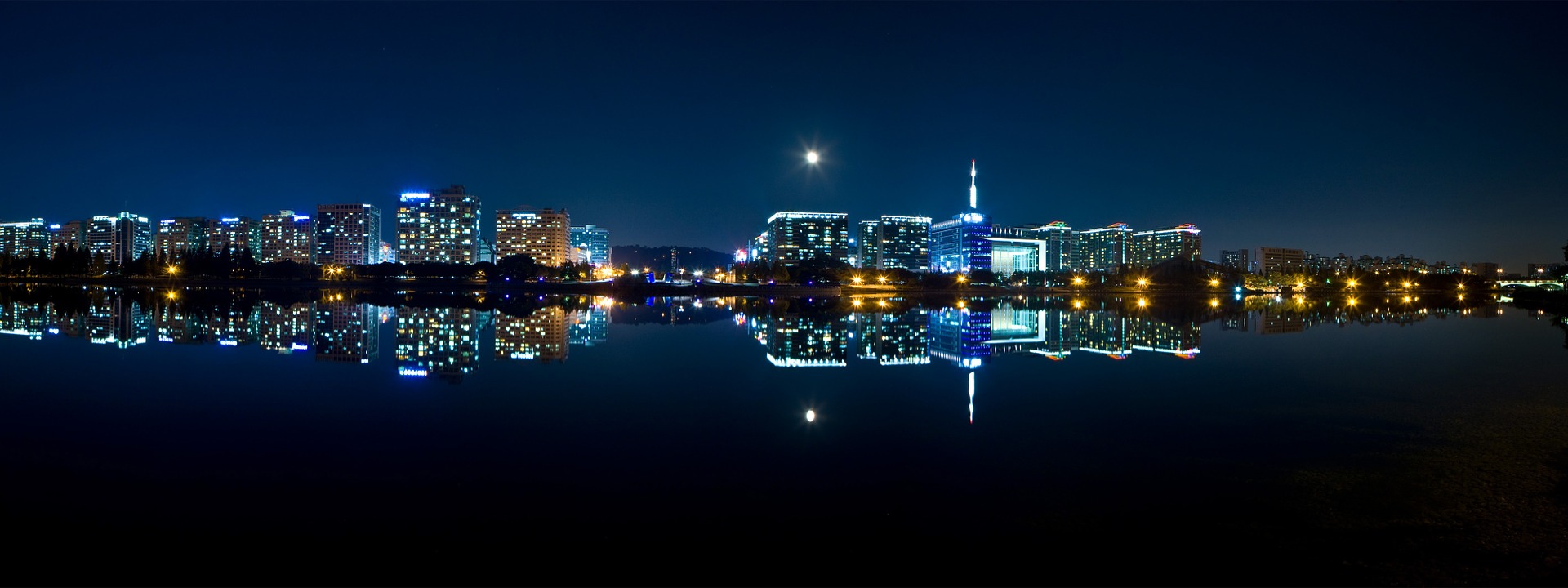
This month, the Seoul Metropolitan Police charged nine activists from three North Korean human rights organizations with violating the Inter-Korean Exchange and Cooperation Act and other local laws by sending balloons filled with Bibles and anti-Kim Jong-Un regime leaflets across the North Korean border. The accused await the decision of the Prosecutors’ Office on whether or not their cases will be taken to court, which could result in the revocation of their organizational statuses.
These new accusations are consistent with previous investigations launched by the South Korean Ministry of Unification (MOU). Since June 2020, the MOU has condemned the sending of anti-Kim regime leaflets to North Korea by defectors living in South Korea—an activity that had been permitted for years. The condemnation followed mounting threats by the Kim regime, who alluded to taking military action and demolished the Inter-Korean Liaison Office, catalyzing an inspection of nonprofits under the jurisdiction of the MOU and exacerbated negative perceptions of the North Korea defector community.
As political pressure against North Korean activism intensifies in South Korea, International Republican Institute (IRI) partner Project Jieum is leveraging YouTube and their podcast Sabujak to fight the prejudice North Koreans face. Through the organization’s commitment to sharing the stories of North Korean defectors, Project Jieum is building trust between South and North Koreans with a vision of a unified Korean peninsula. To illuminate the challenges North Koreans face, IRI interviewed a representative of Project Jieum, who shed light on its mission and importance.
IRI: What inspired Project Jieum?
Project Jieum: Project Jieum began with the meeting of North and South Korean youth; in our university, there is a student organization for such a meeting. As we heard each other’s stories and became friends, we realized that mainstream media distorts the image of North Korean defectors. This distortion has led to societal prejudice against them and this prejudice led to the questioning of one’s identity. We were inspired to work to close the prejudice gap by introducing our North Korean friends ‘as they are’. This is how we came to launch our podcast: Sabujak. The podcast aims to familiarize our audience with North Koreans. In each episode, our guests reminisce about their hometown and their adventures and challenges in building their lives in the South. We have produced four seasons of the podcast and have established a Sabujak YouTube presence as well.
IRI: What are the key messages that Project Jieum hopes to convey through its content?
Project Jieum: Existing media generalizes and dramatizes the North Korean population and their experience. They fail to humanize the individual. Contrastingly, Project Jieum seeks to show who each North Korean guest speaker is. Furthermore, we want to relay that being from North Korea is just one aspect of the whole person. North Korean defectors are just people who live alongside us and who have a lot more to share than simply being from the North. For example, YouTube content we contributed to recently features Korean college students enjoying a picnic on a university campus, discussing the similarities and differences of their college experiences in South and North Korea. The discussions revealed commonalities in struggles and aspirations.
IRI: Why is youth civic activism important?
Project Jieum: Youth are part of the changing world. Societal issues are constantly evolving, and youth are part of that evolution. Passionate youth who are ready to act should participate in being a part of the solution to persisting problems. We also must welcome the advice and guidance of those who came before us. With this in mind, Project Jieum will continue to produce more seasons of our podcast and further our reach via our Sabujak YouTube channel to counter the negative stereotypes of North Koreans.
The heightened political pressure against North Korea-related organizations in Seoul has compelled the groups committed to fighting for North Korean human rights to strengthen their solidarity. The International Republican Institute is committed to supporting this growing North Korean defector community by building the capacity of existing and new organizations to strengthen their resilience, all with the aim to play a role in the eventual democratization of the North and reunification with the South.
Top